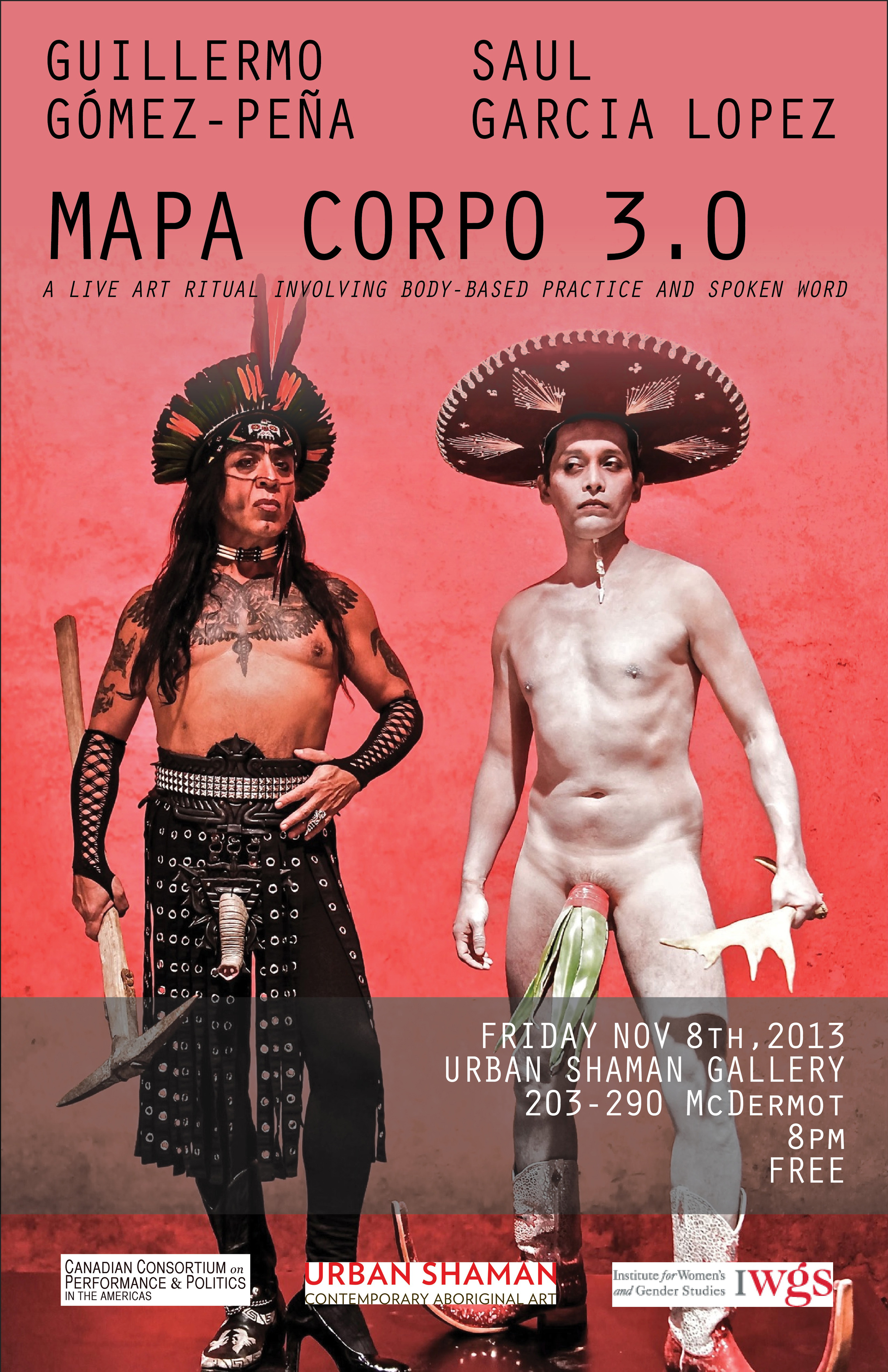Starting Dec. 1, the Winnipeg Art Gallery will be screening the winners of the 2010 Cannes Lions festival, which took place June 20-26, 2010. The Screen Advertising World Association created the festival in 1954 to showcase well-made commercial films. Though it was originally held in Venice, the Lions festival — originally called the International Advertising Film Festival — was inspired by the more famous International Film Festival in Cannes.
The winners this year include TV spots for companies like Gatorade, Toyota and the North Face, created by perennial marketing heavyweight agencies like Saatchi & Saatchi, DDB and Ogilvy.
When faced with creative endeavours produced by profit-driven multinational corporations, we are inclined to doubt their sincerity, but this kind of thinking can lead to doubts about the nature of nearly all art.
It’s easy to be skeptical about the parallels between film and advertising. Yes, they are both undertaken for profit, but while film is made for the purpose of entertaining and inspiring viewers, advertising is intended to dupe viewers into purchasing products they do not need. Right?
In fact, television advertising and films have plenty in common. For one thing, they share directors. Neill Blomkamp, director of the Academy Award-nominated science fiction film District 9, directed commercials advertising Nike, Citroen and Gatorade before breaking into features. Spike Jonze, director of Being John Malkovich, Adaptation and Where the Wild Things Are was nominated for a Directors Guild of America award based on his work for Adidas, Miller Beer and Gap. Even David Lynch has created commercials for companies from the Japanese canned coffee company Georgia to Clear Blue pregnancy tests. His commercial for PlayStation is particularly bizarre and entertaining.
Another way in which advertising is becoming more similar to film is advent of the “documentary” ad. At the 2010 Cannes Lions, a campaign called “Replay” for Gatorade took home two Grand Prix awards. The campaign, created by agency TBWAChiatDay, LA, is a series of sports matches pitting old rival teams against each other. The first series (there are three) had two former high school football teams, whose rivalry ended in an unsatisfactory tie in 1993, replay the match. The players received eight weeks of professional training and guidance from honorary coaches Peyton and Eli Manning. Ten thousand tickets to the teams’ rematch were sold in 90 minutes. It’s an odd, extremely indirect way to go about selling a product. Indeed, none of the effectiveness of the campaign is in its persuasive power. Rather, its effect is in its narrative.
Finally, film is closer than we sometimes realize to advertising, thanks to product placement. This fall, movies like Wall Street: Money Never Sleeps and The Social Network packed in brand references. In The Social Network, there are nearly 50, counting Facebook. Even in Avatar, which is set in an alternate world, we see Jujubes, Nike and Special K.
While it may be disconcerting to see such an undisguised endorsement as a product placement in a feature film, it should not be forgotten that most films are made for profit anyway. Furthermore, the more that advertisers believe they can sell their products by loosely attaching them to an entertaining narrative, the more entertaining and interesting content will be available. Being convinced to buy dish soap by an hour-long, engrossing historical drama is better than being convinced to buy dish soap by a grinning housewife flirting with a bald cartoon man.
The Cannes Lions Grand Prix, Gold Lion, Silver Lion and Bronze Lion winners will be screened at the Winnipeg Art Gallery from Dec. 1-10, 2010.




